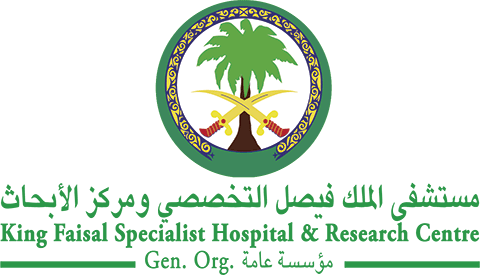Abstract
CDK 4/6 inhibitors, in combination with endocrine therapy, are the standard of care for patients with endocrine sensitive advanced breast cancer. This class of drug, however, is associated with QT prolongation, which serves as a surrogate marker for Torsades de Pointes (TdP), a cause of life-threatening ventricular arrhythmias and sudden cardiac death. The ICH E14 guidance document uses the Bazett formula for reporting of cardio-dynamic and safety ECG data in clinical trials. While there is substantial familiarity with the Bazett (QTcB) formula (QT/(RR) 1/2), the Fridericia (QTcF) formula (QT/(RR) 1/3 ) is preferred in the cancer population as it is often more accurate at heart rate extreme. Accordingly, the Fridericia formula is currently the standard adopted by the FDA when submitting QT data for review. At the King Faisal Specialist Hospital and Research Center, a total of 82 patients with advanced breast cancer, had a baseline ECG on day 1 before the initiation of ribociclib based therapy. Of the enrolled 82 patients, 19 (23%) were initially excluded from receiving ribociclib based due to a prolonged QTc >450ms, however, when the QTc-interval was manually measured and recalculated using Fridericia and Framingham formulae using MDCalC (https// :www.mdcalc.com),17 of 19 patients successfully received their treatment without any arrhythmogenic effects. Repeat ECG on day14, and day 1 of cycle 2 demonstrated that none of these patients had QTc exceeding 480 ms. Our data highlights the complexities of evaluating the QT interval in oncology patients and the utility of the Fridericia/Framingham formulae in this population. Given these findings, we recommend the adoption of the Fridericia or Framingham formulae for measurement of QTc in all cancer patients exposed to potentially QT-prolonging cancer therapy.
Recommended Citation
AL-Tweigeri Taher, Taher Taher
(2022)
"Using the Appropriate Formula for QT Measurement Can Save Lives,"
Hematology/Oncology and Stem Cell Therapy: Vol. 15
:
Iss.
1
, Article 9.
Available at: https://doi.org/10.1016/j.hemonc.2021.06.001
Creative Commons License

This work is licensed under a Creative Commons Attribution-Noncommercial-No Derivative Works 4.0 License.
Included in
Cancer Biology Commons, Hematology Commons, Oncology Commons

